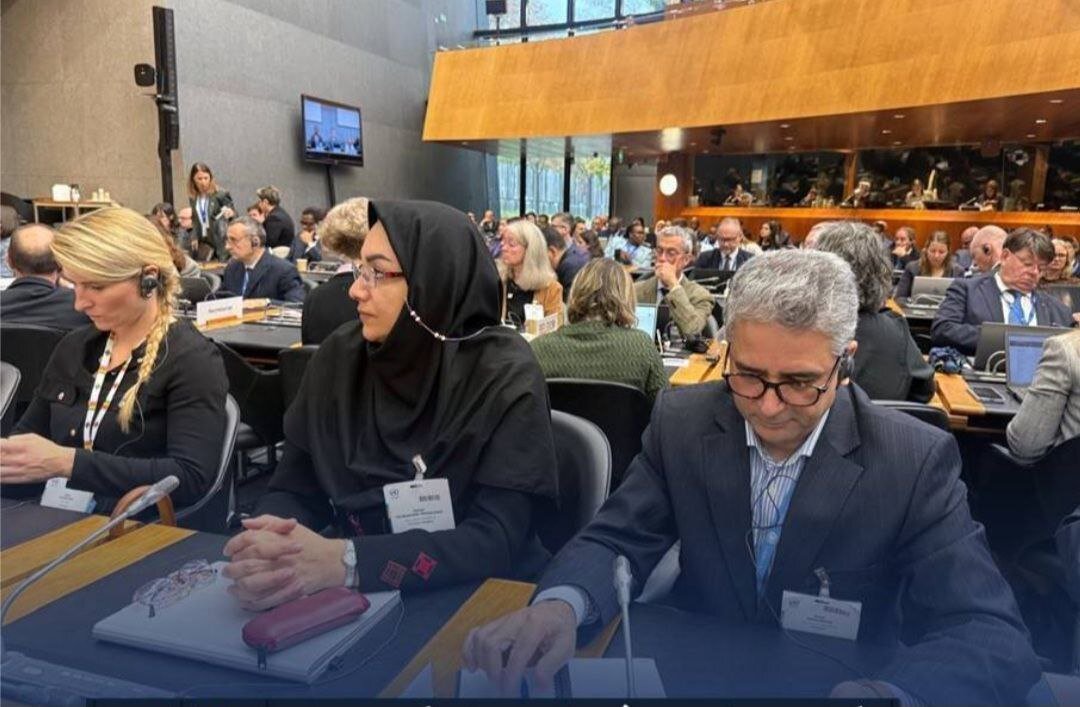Iran attending Extraordinary Session of World Meteorological Congress

TEHRAN – An Iranian delegation led by the head of Meteorological Organization, Sahar Tajbakhsh, is participating in the extraordinary session of the World Meteorological Congress (Cg-Ext(2025)) being held from October 20 to 23, in Geneva, Switzerland.
Bringing together 193 members, the session aims to accelerate efforts toward universal early warning coverage by 2027.
It will be centered around the Early Warnings for All (EW4All) initiative, ensuring that everyone across the globe is protected by early warning systems by 2027, and exploring the role of Artificial Intelligence (AI) in weather forecasting, exploring ways to bridge the digital divide between developed and developing nations.
The session also deliberates on the prioritization and funding of the World Meteorological Organization’s (WMO) core programs and the financial situation and budget of the organization for the biennium 2026–2027.
The event provides a great opportunity for boosting international synergy and exchanging views on global challenges in the field of meteorology and climatology, as well as strengthening cooperation to improve forecasting and early warning systems around the world, particularly in vulnerable regions.
The four-day session also aims to enhance the scientific, technological, and operational capacities of the WMO and facilitate financial and technical support for less-privileged countries.
Climate change impacts
Iran is among the most vulnerable countries to climate change, floods, and droughts, as fires in forests and pastures are mainly a result of climate change.
It affects the intensity and frequency of precipitation. 94 percent of food production in the world depends on soil, but floods result in loss of soil quality, make lands less productive for agriculture, and create deserts.
By affecting rainfall patterns, pollination, flowering, and even harvest time, climate change has greatly affected the agriculture sector and food security in many countries, most significantly in Iran, according to the country’s former permanent representative and ambassador to the Food and Agriculture Organization (FAO).
In some parts of the country, the air temperature has increased by 2 degrees while the highest temperature set in the world amounts to 1.5 degrees, IRNA quoted Mohammad-Hossein Emadi as saying.
Studies have shown that for a degree increase in temperature on the planet, the amount of evaporation rises by 23 percent, which negatively affects the agriculture and animal husbandry sectors.
Climate change also alters plant growth patterns, disturbing the nutritional values of crops, he stressed.
In addition, unexpected effects of climate change, like drought, flood, and landslides, have all affected food security.
MT/MG
Leave a Comment